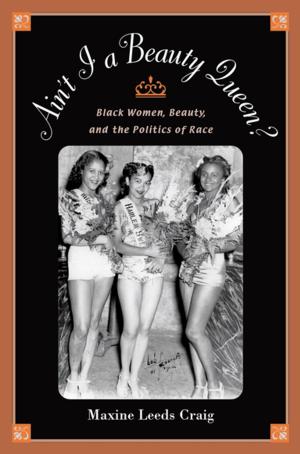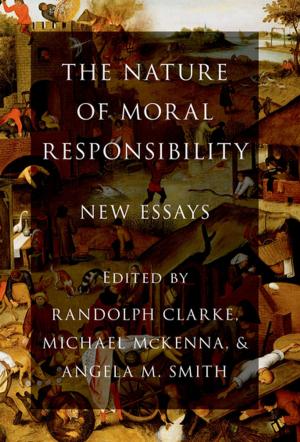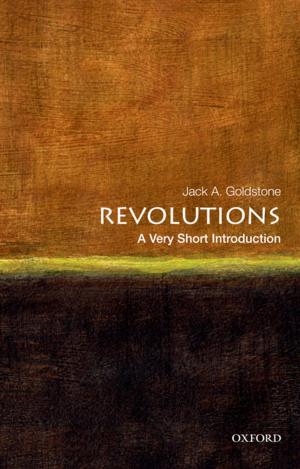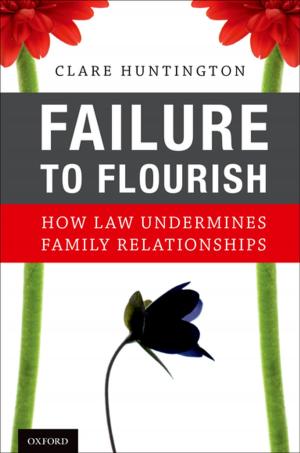| Author: | Robert McKim | ISBN: | 9780199913411 |
| Publisher: | Oxford University Press | Publication: | January 23, 2012 |
| Imprint: | Oxford University Press | Language: | English |
| Author: | Robert McKim |
| ISBN: | 9780199913411 |
| Publisher: | Oxford University Press |
| Publication: | January 23, 2012 |
| Imprint: | Oxford University Press |
| Language: | English |
In On Religious Diversity Robert McKim distinguishes and examines a number of possible responses to the knowledge of diverse religious traditions that is available to all of us today. There is no escaping the fact that the presence of competing traditions now confronts each of the traditions in a new and forceful way. And there is widespread if inchoate recognition of genuine religious sensibilities and genuine religious seriousness in others. How might, and how should, an awareness of other traditions affect a member of a particular religious tradition? What attitudes should be taken to the beliefs and salvific prospects of members of other traditions? McKim examines several proposed answers to these questions, offering the deepest analysis to date of such options as exclusivism and inclusivism. He argues that what look like well-defined and discrete positions dissolve somewhat under scrutiny, revealing significantly different possibilities. McKim suggests where best to look for the most plausible answers and makes a case for the attractiveness of inclusivistic options. He pays particular attention to the religiously ambiguous nature of our circumstances and to the implications of this ambiguity.
In On Religious Diversity Robert McKim distinguishes and examines a number of possible responses to the knowledge of diverse religious traditions that is available to all of us today. There is no escaping the fact that the presence of competing traditions now confronts each of the traditions in a new and forceful way. And there is widespread if inchoate recognition of genuine religious sensibilities and genuine religious seriousness in others. How might, and how should, an awareness of other traditions affect a member of a particular religious tradition? What attitudes should be taken to the beliefs and salvific prospects of members of other traditions? McKim examines several proposed answers to these questions, offering the deepest analysis to date of such options as exclusivism and inclusivism. He argues that what look like well-defined and discrete positions dissolve somewhat under scrutiny, revealing significantly different possibilities. McKim suggests where best to look for the most plausible answers and makes a case for the attractiveness of inclusivistic options. He pays particular attention to the religiously ambiguous nature of our circumstances and to the implications of this ambiguity.















